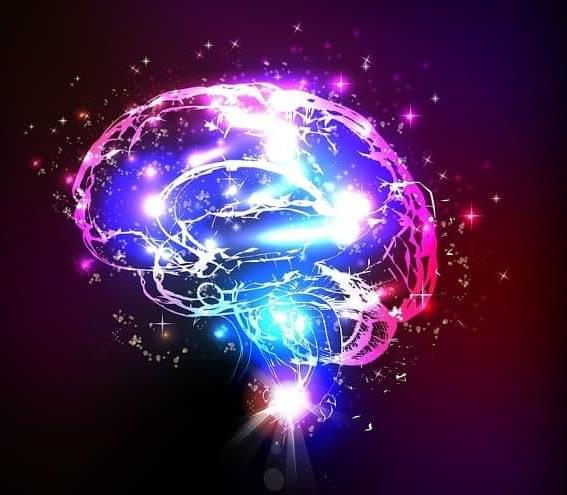Amazon has launched an “educator enablement” program to help instructors at community colleges, HBCUs, and other minority-serving institutions learn and teach AI.
Quality AI education is still out of reach for many students who don’t attend selective research universities including many Black and Latino/a students. Amazon hopes to change that by investing in AI education at community colleges and HBCUs.






